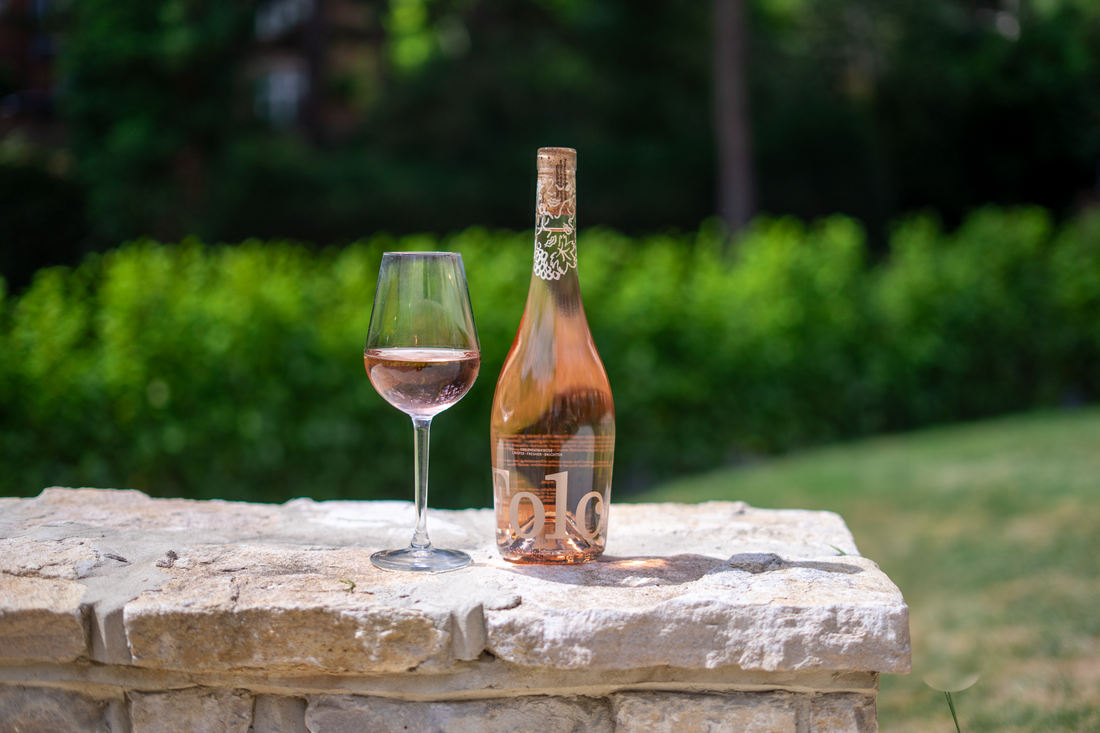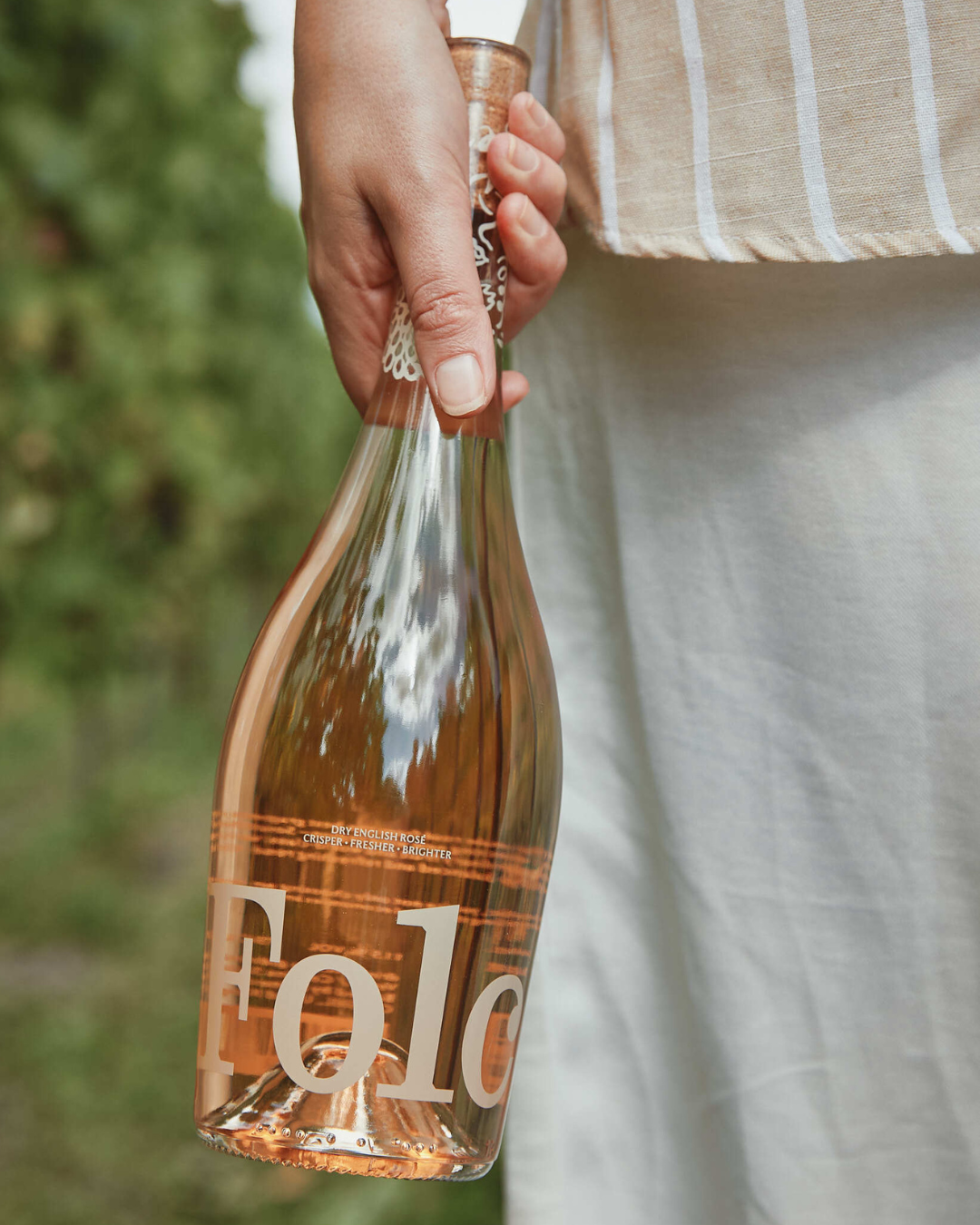
What Is a Wine Négociant?
The rebellious craft behind exceptional English wine – no château required.
Here's something the wine establishment doesn't want you to know: some of the world's most celebrated bottles never saw a single vineyard owned by their makers. Shocking, isn't it? All those romantic notions of château owners strolling through their ancestral vines – complete nonsense, really, especially in this day in age…in England!
Welcome to the world of the négociant, where the best winemakers couldn't care less about owning land. They're too busy making exceptional wine to worry about property portfolios. It's a beautifully rebellious approach that puts craft over convention, and frankly, it's about time more people understood what they're missing.
So what exactly is a négociant? And more importantly, why should you give a folc about this centuries-old middle finger to traditional winemaking?
Négociant: The Art of Not Following Rules
The word négociant comes from the French "négocier" meaning, to negotiate. But let's be honest, the French make everything sound more complicated than it needs to be. A wine négociant simply buys grapes, juice, or wine from growers, then crafts it into something extraordinary.
No vineyard ownership required. No ancient family estates. No dusty cellars passed down through generations. Just pure skill, exceptional relationships, and the audacity to believe that great wine comes from expertise, not real estate.
Think of a négociant as the ultimate wine curator, someone who refuses to be limited by the accident of geography. Instead of being stuck with whatever grapes happen to grow in their backyard, they can seek out the absolute best fruit from wherever it grows best. Revolutionary stuff, really.
The French Did It First (But We'll Do It Better)
This approach started in Burgundy, where some of France's most prestigious producers built their empires not on land ownership, but on having the best relationships and the skill to transform great grapes into legendary wine. Names like Joseph Drouhin and Louis Jadot became icons not because they owned the most vineyards, but because they knew how to make the most of what they bought.
The négociant model requires a completely different skill set than traditional estate winemaking. It's about understanding terroir across multiple sites, building relationships that last decades, and having the technical brilliance to blend different parcels into something cohesive and compelling.
As wine expert Jancis Robinson puts it: "The old cliché that merchants, negociants in French, are all baddies and growers are all goodies is now well and truly out of date." The best négociants today are master craftspeople who elevate everything they touch.
Which is exactly what makes this model perfect for England's wine revolution.
Why England Doesn't Need Wine Rules
England's wine scene is relatively young, which means we get to skip all the stuffy traditions and tired conventions that bog down other regions. No centuries of "this is how it's always been done." No ancient rules about what goes where. Just the freedom to make exceptional wine without asking permission.
The négociant approach is perfectly suited to English winemaking for reasons that should be obvious to anyone paying attention. England's climate and terroir vary dramatically even within small areas, so a smart négociant can source grapes that complement each other beautifully, creating something far more interesting than any single vineyard could achieve alone.
More importantly, it allows passionate winemaking teams to focus on what actually matters: crafting exceptional wine. No need to spend fortunes on vineyard real estate or get bogged down in agricultural management. Just pure, concentrated expertise applied to the best fruit available.
Enter Folc: The Sophisticated Rebel
This is exactly the philosophy behind Folc, England's award-winning rosé. Rather than playing by someone else's rules, Folc works as a modern négociant, carefully selecting grapes from English vineyards to create something uniquely, definitely English.
Launched in 2020, Folc represents everything a négociant should be: uncompromising about quality, uninterested in convention, and completely focused on making rosé that's "always and only local" – but never boring.
The result? A multi-award winning dry English rosé with "joyful flavours of succulent strawberries and tangy cranberry, complemented by fresh acidity and a fragrant floral finish." It's what happens when you apply négociant principles with a distinctly English sensibility – sophisticated, rebellious, and utterly unconcerned with what the French think about it.
